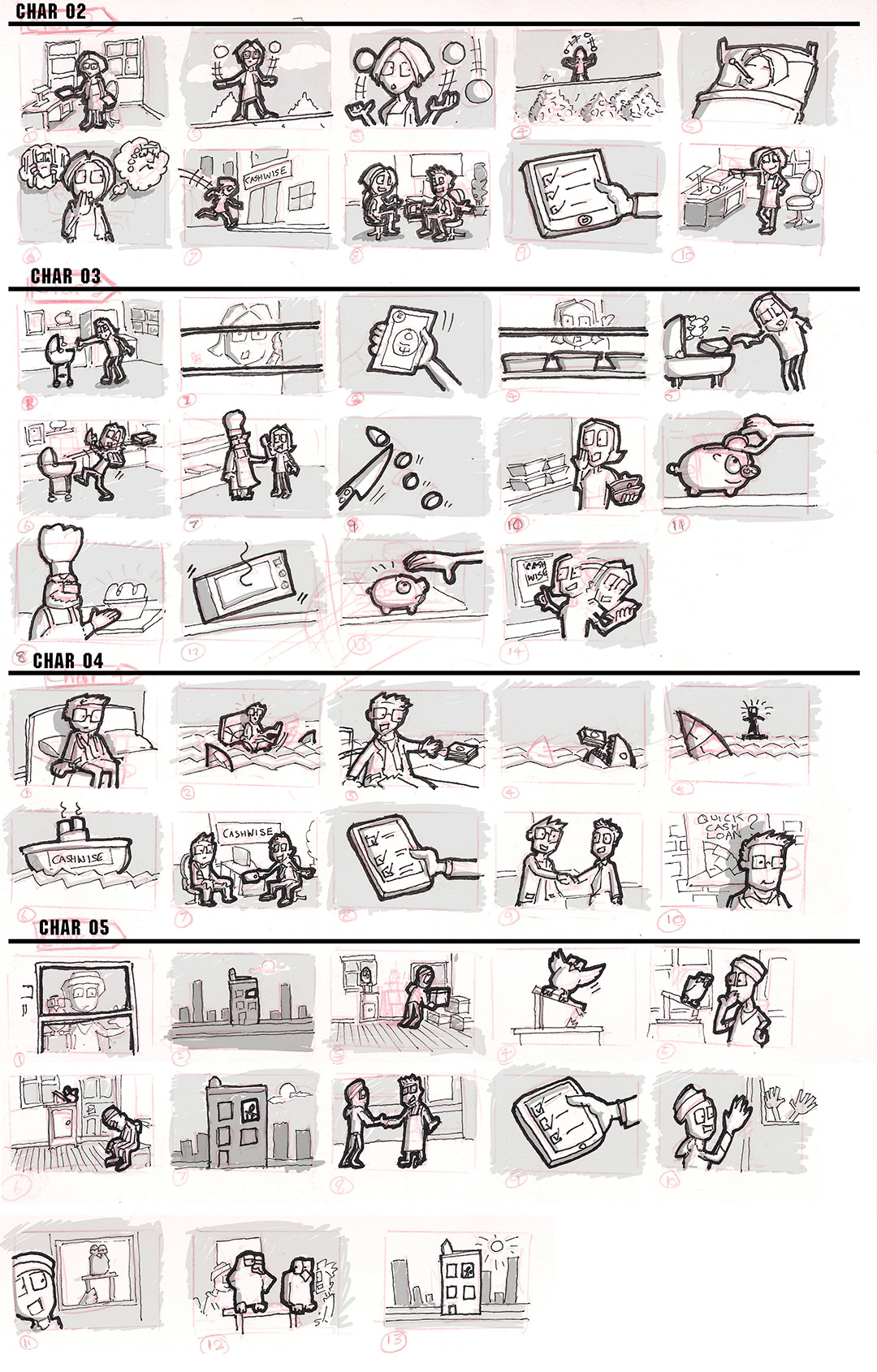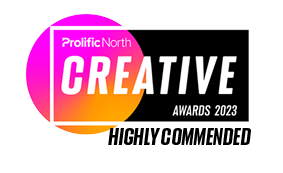The pre-production stage of any project is crucial to creating a well-designed, engaging video which will do the job required; educate, sell, promote. It is the catalyst which propels the rest of the production, informing each step when moving forwards. There are a variety of tasks which need to be accomplished within this stage. Although project dependent, this can include defining the concept, location scouting, scheduling of crews, casting, and of course most importantly, the creation of scripts, storyboards, and shot-lists.
However, not all video productions are created equally. Many of our clients have heard these terms thrown around, and yet aren’t fully aware of their importance, or even the reason for having them in the first place. Here is some insight into why each of these tools can be a great asset for your production.

Scripts
The main foundation of any script is action and dialogue. They can be considered as a way to express what you want to see, and what you want to hear in your video. Scripts aren’t always necessary for every type of production, but an outline of your video is. For example, if you plan on utilising interview footage as the main dialogue in your video, it would be pretty difficult to script out exactly what someone you are interviewing is going to say, but they need a direction to keep the answers succinct and on point.
We put together an outline, which details the questions you want to ask your interviewees, as well as your expected outcome. Something to note however, if time is a constraint and the dialogue is scripted and adhered to, it can vastly speed up the amount of time it can take to capture the footage you need, easing the the interviewee into being comfortable on camera with a constant focus that enables them to be more relaxed. Scripts and outlines are thus a way to prepare for what you wish the final product to look like.

Storyboards
Storyboards are a great visual to accompany your script, or even by themselves. Most often, scripts are born out of the initial concept, and then storyboards are created afterwards in order to help the production team visualise the desired outcome. In certain instances, you may have a general idea of how you want the visuals to play out in your video, but don’t yet have a definitive script in place. This is okay too. Storyboards can also help shape the story. Once the story has been visualised, the script will naturally follow. We always use story boards for our animations so that our clients can see the tone, style and pace of the production.
Storyboards are often less necessary than scripts or shot-lists, especially in corporate production as a clients office location can’t be changed so storyboarding a talking head is not necessary. They are a useful tool, however, in some cases a shot-list will suffice in getting the vision across to the production team. Storyboards are important when there is a larger crew involved, or a very specific look that you want to ensure you accomplish. They are also more important for editors. They are a great way for the producer to convey their vision to whomever is compiling the footage, giving solid direction and providing a storytelling roadmap.
Shot-lists
Shot-lists are an exceptionally important tool for virtually all video projects. Even in their most basic form, they allow the production team to be aware of the scheduling for the day, and provide direction to what they will be filming.
An intricate project requires a more detailed shot-list. For example, if you have a tight schedule and a lot of shots to get done in a day, then the shot-list will be a guide as to how long you can spend on a certain shot, the action in the shot, the camera movement, and an array of other things. It is also helpful in arranging the shoot based upon location, talent needed, lighting set-ups etc. Therefore, even if you do not have a script or storyboard for your video, a shot-list in of itself would be of paramount importance.

Hopefully this short introduction into how pre-production works for making a video has given you a small insight into the considerations taken by a production company when planning and producing a video.
If you’d like to speak to us about producing content for you, contact us here: paul@motivproductions.co.uk / 01132444992




